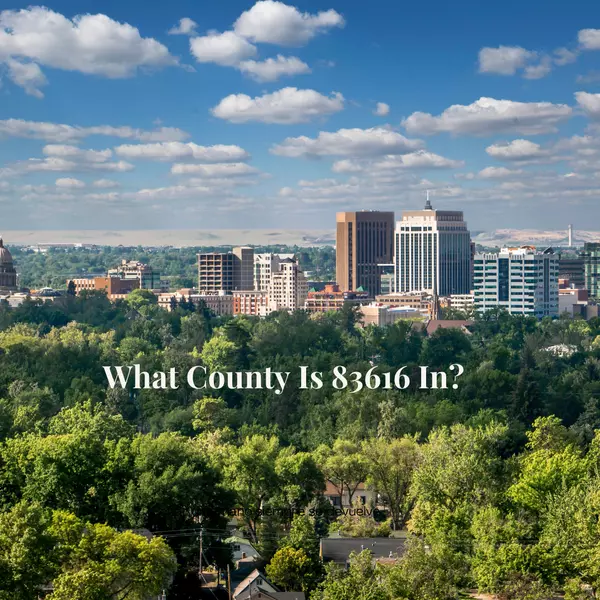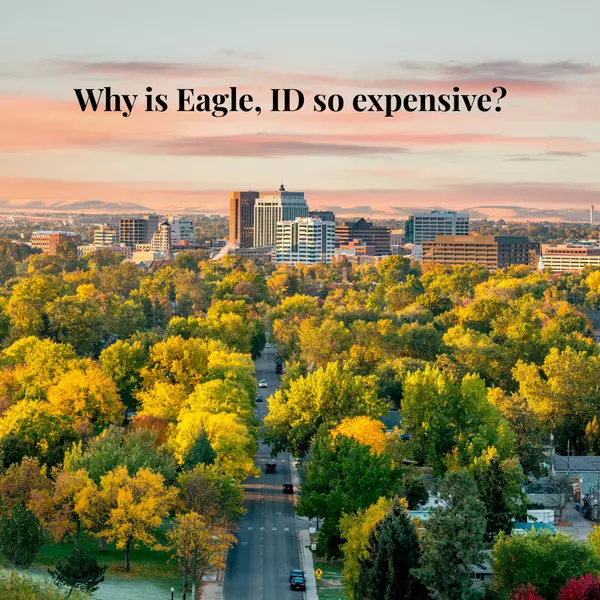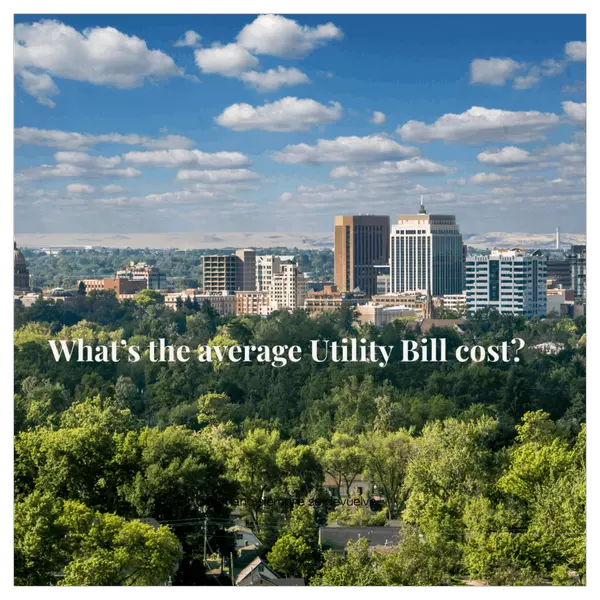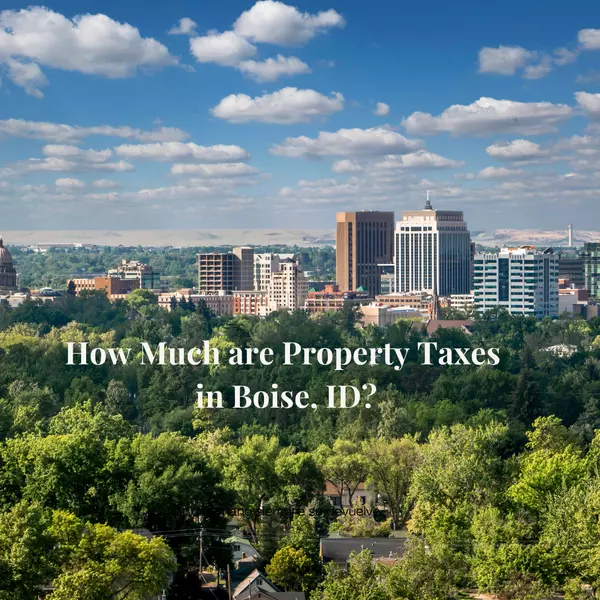Are we expecting a market crash?

Will Boise’s Housing Market Crash? What 2025–2026 Forecasts & Local Signals Are Saying
If you’re asking, “Are we expecting a housing market crash in Boise, Idaho?”—you’re far from alone. With national chatter about overheating markets and bubbles, many locals are wondering whether Boise might be next. In this post, we’ll dig into the data, local trends, and expert forecasts to see whether a crash is likely—or whether we’re headed instead toward a more modest cooling or stabilization.
What a “Crash” Really Means
First, let’s define terms. A housing market crash typically implies a steep, widespread drop in home values—like 20%+ declines over short periods (think 2008 in many U.S. markets). A correction or cooling is milder: flattening prices, slight declines in some segments, or slower appreciation rather than outright collapse.
In Boise’s context, a crash would mean falling home values across the metro, rising foreclosures, distressed sales, and major drops in demand. So the question is whether conditions are pointing in that direction—or something less dramatic.
Strong Fundamentals Working in Boise’s Favor
Several underlying factors suggest Boise is more likely to experience moderation than a crash:
-
Tight Inventory & Ongoing Housing Demand
Inventory in Ada and Canyon counties has been building, but remains relatively low. Boise continues to attract in-migration, especially from higher-cost states, keeping demand pressure in place.
The City of Boise’s housing needs analysis estimates that Boise must deliver around 2,019 new or significantly renovated units annually to keep pace with growth. -
Economic & Employment Resilience
Boise’s economy is more diversified today than it was in prior booms, with strength in tech, healthcare, manufacturing, and services. Local projections see sustained demand in middle and higher price ranges. -
Prudent Lending & Underwriting
Many analysts point out that today’s mortgage underwriting and lending standards are far stricter than in the run-up to 2008. That lessens the risk of a cascade of defaults and foreclosures that typically drive crashes. -
Gradual Correction Already Underway
Instead of a shock drop, Boise appears to be gently adjusting. The so-called “summer reset” in the Boise real estate market points to inventory rising and buyer demand stabilizing, which can temper prices rather than smash them.
Taken together, these factors suggest Boise is less likely to face a crash scenario and more likely to experience moderation, flattening, or mild, localized declines.
What the Data & Forecasts Say About Boise’s Near Future
Let’s look at what local forecasts and recent market data predict for 2025–2026 in Boise and the Treasure Valley:
-
Bode Builders argues there’s no crash expected in 2025–2026, citing healthy fundamentals, stable lending, and moderate price growth of 0–3% annually.
-
Wave Property’s Idaho forecast notes that home prices in Idaho have been on an upward trajectory, although caution exists about a potential future cooldown.
-
Some local sources suggest that crash predictions for Boise are receding, and that current trends lean toward normalization rather than collapse.
-
In Boise’s “summer reset,” Ada County saw ~2.94 months of supply, and Canyon County ~2.92 months—still lean, but showing inventory increasing.
Beyond Boise, a broader note: Zillow expects U.S. listing prices to fall nearly 2% by end of 2025, largely driven by rising inventory and sustained mortgage rates. That doesn’t necessarily translate to Boise, but it’s a signal worth watching.
Warning Signs & Risks to Watch
While a full-blown crash seems unlikely, Boise isn’t entirely immune. Here are some risks and red flags you should monitor:
-
Mortgage Rate Spikes: If rates jump significantly, affordability deteriorates, which can suppress demand abruptly.
-
Local Overbuilding: If too many homes come onto the market in certain neighborhoods, price pressure could hit those submarkets harder.
-
Economic Downturn or Job Losses: A local or national recession could weaken buyer confidence and reduce migration.
-
Demand Weakness: If the migration tailwinds slow or reverse, Boise could feel the impact more acutely.
-
Foreclosure Acceleration: If distressed inventory begins growing, that could push down market prices locally.
If multiple of these indicators start trending negative simultaneously, it could raise the odds of sharper declines.
What This Means for Buyers, Sellers & Investors
Buyers
-
You’re less likely to catch a huge crash, so waiting might mean missing out on stable growth or entry opportunities.
-
That said, you may find more leverage now than in the 2021–22 boom years—sellers are more willing to negotiate.
-
Focus on neighborhoods with limited supply and high demand, where downside is more protected.
Sellers
-
Homes may no longer double year over year, and you won’t always get multiple offers.
-
Pricing competitively and staging well will matter more than ever.
-
Expect potentially longer days on market or modest concessions in some segments.
Investors
-
This is more a time for careful, selective deals—not speculative bets on large gains.
-
Multifamily and rental properties may offer more stable returns in this environment, especially given housing supply constraints for entry-level homes.
Final Verdict: No Crash Expected in Boise (But Don’t Count Out a Calm Correction)
The evidence suggests Boise is not on the brink of a housing crash. Instead, the market is likely transitioning toward normalization and moderation—a phase where price growth slows, inventory gradually rises, and the high-flying momentum of recent years levels off.
While a crash is always possible under extreme stressors, Boise’s underlying fundamentals—tight inventory, steady demand, strict lending, and a diversified economy—make a collapse far less probable than another market in the U.S. That said, slight declines or stagnation in particular neighborhoods or price tiers are a realistic scenario, especially if mortgage rates bounce or demand softens.
Categories
Recent Posts










